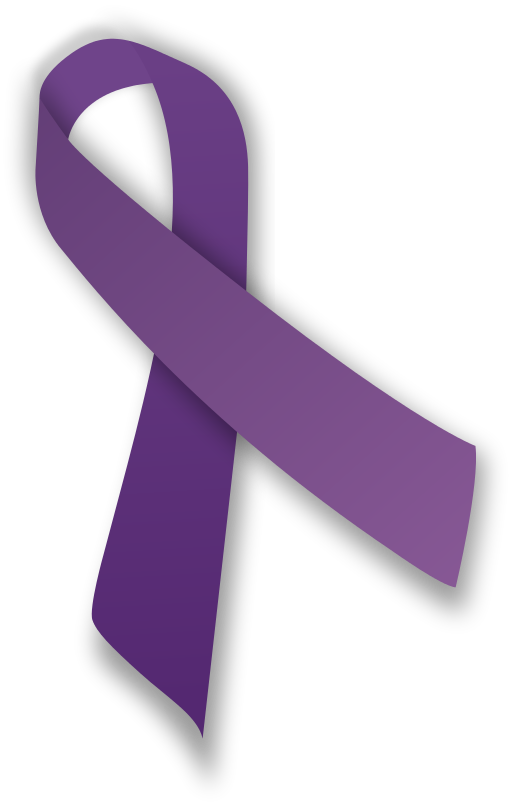by Gene Feder, Professor of Primary Care
and
Lucy Potter, Academic Clinical Fellow in Social and Community Medicine
Centre for Academic Primary Care
Seek the truth, not what is comfortable. Seek the real, not the easy.
— Gerald May
Talking about domestic violence and abuse can be uncomfortable. Avoiding talking about uncomfortable subjects keeps them hidden, fails to challenge injustice and arguably colludes with perpetration. We have a responsibility to shine a light into these dark corners.
In the Centre for Academic Primary Care at the University of Bristol we conduct research on improving the health care response to domestic violence and abuse. We have measured the prevalence and impact of domestic violence in patients in general practice and sexual health services; developed and rigorously tested training for doctors and nurses in general practice to ask about DVA and link patients disclosing abuse to specialist domestic violence advocates; run programmes on improving advocacy and support to male victims; focused on the needs of children exposed to domestic violence. We are now integrating these projects in the REPROVIDE programme.
The existence of domestic violence, driven by gender and economic inequality, and the trauma experienced by survivors and their children, requires a societal response, beyond health care services. Part of our responsibility as health researchers is to contribute to a society-wide conversation about the causes of domestic violence and our shared responsibility to challenge perpetration of abuse and respond to the needs of survivors and their children.
To that end, on a sunny November Sunday morning in a converted theatrical church in Bristol we hosted a conversation about domestic violence for over 40 people as part of the Feel It Festival, exploring research at the University of Bristol around pain and breathlessness.
Our panel included Jacqui, a domestic violence survivor, Lucy from the Next Link domestic abuse services and two GPs (another Lucy and Gene). We shared our stories, roles and perspectives. Woven between these narratives were audio-recordings from others affected by or interacting with domestic violence. Teresa, a yoga teacher helped us to consciously gather our breath between contributions.
We started with a recording from John about early memories of his father attacking and abusing his mother and the sounds of her screams and the fists hitting her resonating more than 50 years later.
Jacqui then started the live conversation with a description of her harrowing experience living with an abusive husband and how she kept it secret from friends, family and (nursing) colleagues. Feeling suffocated and unable to speak about it, she was finally able to tell a GP who was supportive and helped her contact a domestic violence agency that helped her leave the abusive relationship. She now is an active member of our research programme’s patient and public involvement group, advising on our priorities and methods.
A recording by Simon reminded us that men can also be survivors of domestic violence, also try to protect their children from its impact, and also find it difficult to disclose that they are being abused. They may also face more scepticism from professionals when they do disclose.
Lucy the GP spoke about the “painful silence that enters my [consulting] room, in some form, every day. I have learnt that I must pay attention to it, respect it, really hear it and explore it.” The silence hangs over the patient who is trying to disclose the secret of what she is experiencing and to the doctor, who has to find a respectful, gentle way to ask about the abuse and find an appropriate, non-judgemental response.
Following Lucy was a recording from Andrew, another GP, highlighting how easy it is for a doctor to miss the abuse that sits underneath common symptoms of chronic pain, anxiety or depression, and how crucial it is to pose the question to patients.
Lucy the advocate described her role in helping survivors understand their situation more clearly, identify options for improving their situation, make choices that fit their values and their needs, make their own decisions, and act on those decisions. A key part of her work is helping the survivor name her experience of coercion and control as domestic abuse. Like Lucy the GP, at the heart of her role is careful listening, helping draw words and images out of the silence.
The audience brought questions, comments and the sharing of their experience in a warm conversation with the panel, putting experiences into perspective and reflecting on future opportunities and threats to a robust health care and societal response to domestic abuse, not least the sustained attack on the public sector, undermining the NHS and domestic violence services. We came together, we learnt, we shined a light into several dark corners and will keep talking about and challenging domestic violence.
This post also appeared on the Life of Breath website.
The following CAPC blog post is about another event that was part of the Feel It Festival:
Translating research into an art performance
Photo credit: Purple ribbon by By MesserWoland via Wikimedia Commons. License: Multi-license with GFDL and Creative Commons CC-BY-SA-2.5 and older versions
